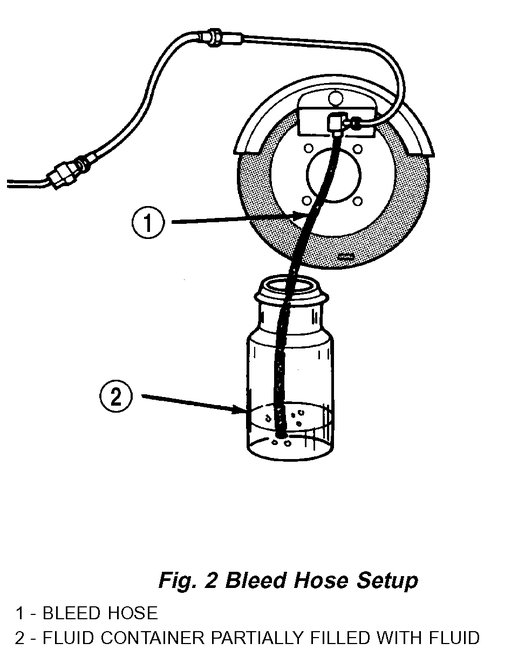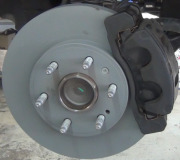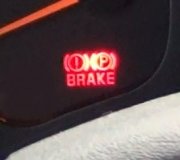Welcome to 2CarPros.
When you say they lock up, does it require excessive pressure on the brake pedal? Have you checked to make sure there are no leaks in the system? Since the rear brakes worked and now don't, if there are no leaks, my first suspect is the master cylinder. The master cylinder has two separate chambers and plungers in it. Once supplies fluid to the rear and the other to the front brakes. Have you confirmed that the fluid is full? If it is, I want you to try re-bleeding the entire system.
_________________________________________
Here are the directions for bleeding. Please note: The directions don't indicate a sequence of bleeding. I was taught to always start with the wheel furthest from the master cylinder and work to the closest. Basically, (RR LR RF LF)
STANDARD PROCEDURE - MANUAL BLEEDING
STANDARD PROCEDURE - MANUAL BLEEDING
Use Mopar brake fluid, or an equivalent quality fluid meeting SAE J1703-F and DOT 3 standards only. Use fresh, clean fluid from a sealed container at all times.
1. Remove reservoir filler caps and fill reservoir.
2. If calipers, or wheel cylinders were overhauled, open all caliper and wheel cylinder bleed screws. Then close each bleed screw as fluid starts to drip from it. Top off master cylinder reservoir once more before proceeding.
Picture 1
3. Attach one end of bleed hose to bleed screw and insert opposite end in glass container partially filled with brake fluid. Be sure end of bleed hose is immersed in fluid.
4. Open up bleeder, then have a helper press down the brake pedal. Once the pedal is down close the bleeder. Repeat bleeding until fluid stream is clear and free of bubbles. Then move to the next wheel.
______________________________
Do this and let me know if it helps. Also, let me know if when bleeding the rear brake, are you getting a strong stream of brake fluid. If not, we will have to check and suspect the master cylinder.
Let me know.
Joe
Image (Click to make bigger)
SPONSORED LINKS
Monday, March 11th, 2019 AT 6:08 PM





